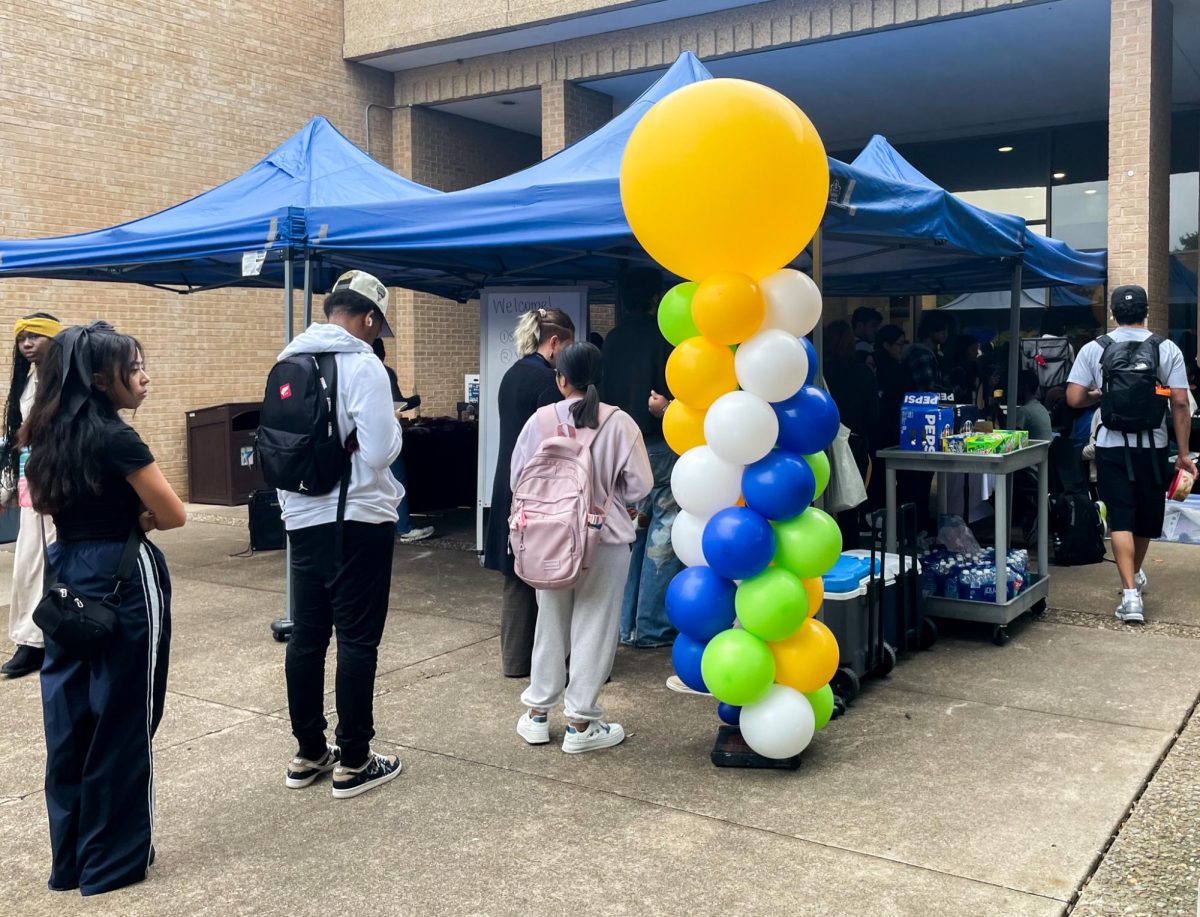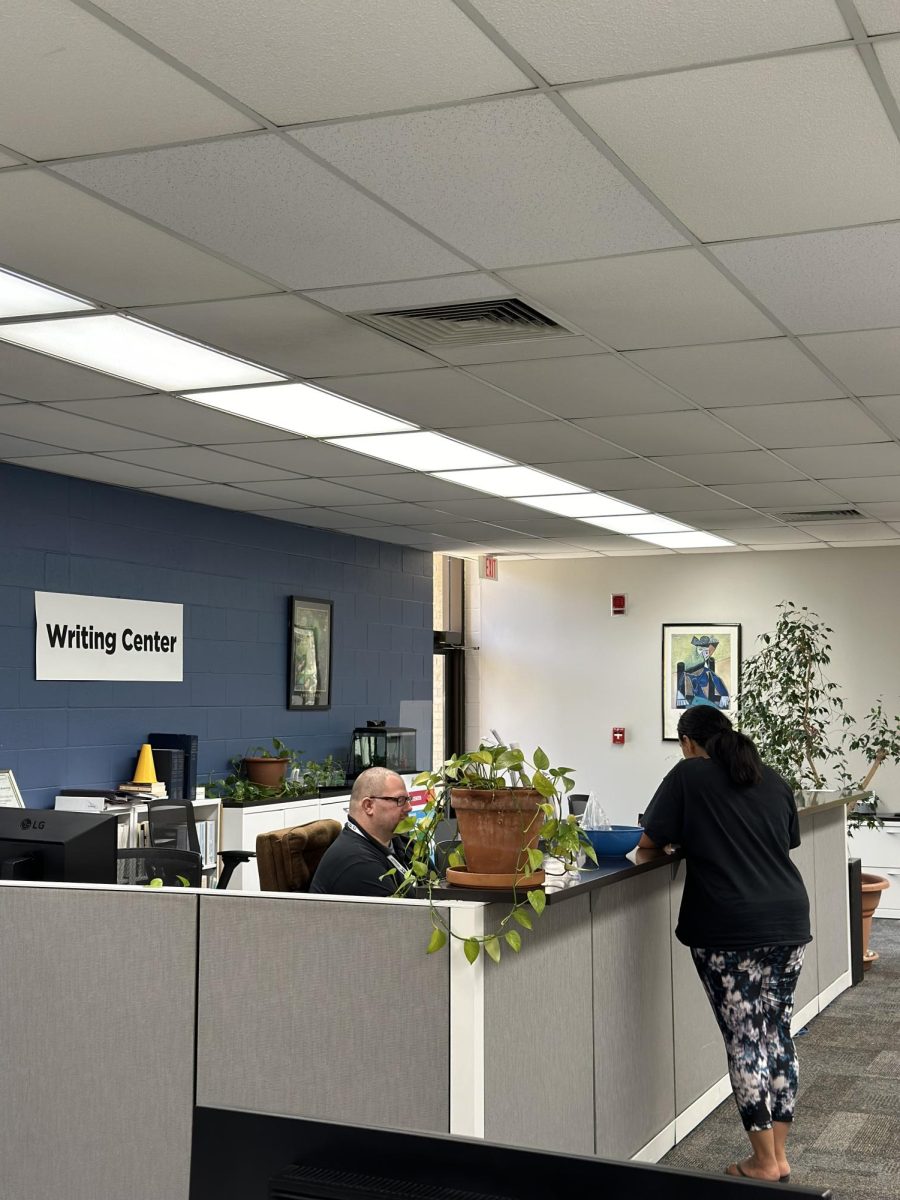Students shared their stories and experiences at the First-generation College Celebration event Nov. 7 on NE Campus.
First-generation college students are celebrated nationally every year. The event provided free tacos, music and resource tables for new students.
“I think a lot of people had fun and they felt seen, and I think that’s really important for a lot of people,” NE student Madison Mayberry said.
First-generation college students make up an estimated one-third to half of all college student populations. Many of those students are the children of immigrants or are immigrants themselves.
“I grew up in the United States undocumented, as a Dreamer, so none of my family before went to college,” event organizer Ana Contreras said. “My sister and I were the ones that started that for our family, and it’s something we’re proud of. It’s awesome.”
Dreamers are children who came to the United States undocumented with their parents and often remain undocumented, but many seek citizenship.
About 21% of undergraduates are Latino, according to a 2020 study from the Post-secondary National Policy Institute, placing second in largest ethnic groups in college. Within those students, many are undocumented and even more have undocumented parents. An estimated 5.3 million children live with at least one undocumented parent, according to research from the Immigration Initiative at Harvard.
First-year NE student Lauren Pacheco is studying physical therapy and attended the event.
“My grandma and grandpa came from Mexico. My mom, she’s not a citizen, but she does have a green card,” Pacheco said. “She just dropped out of college. She went one year.”
In a study from Pew Research Center, Hispanic enrollment at two-year colleges declined by 15% from 2019 to 2020. This could be due to the 2020 pandemic, or even the rising cost of living.
For many students, the financial aspect of college is often a struggle.
“My mom and my family… gave me the reasons to go to college,” Contreras said. “When we had to pay for college, she would actually make tamales and sell tamales so that we could pay for my tuition.”
This can be even harder for first generation students without their family’s help, but families can give support in other ways.
“The main difference a lot of times is first-gen, in my experience, we don’t have family members who understand the college process and the culture, and so the support is different,” Contreras said “It doesn’t mean that there’s not support. It’s just they don’t, they can’t tell us how to fill out a FAFSA. They can’t really guide us on how to enroll into a class.”
First generation college students strive for success for many reasons and family is often the center of that drive for success.
“I couldn’t let my mom down. She had sacrificed so much, and she understood that we had this dream and this desire to go to college,” Contreras said. “She would do so much to help us get there. I didn’t want to let her down.”































